Enhance your menu development processes with Apicbase’s recipe software and database.
Perfect for corporate chefs and R&D teams in multi-unit restaurants and large-scale catering. Automate recipe costings, allergen and carbon footprint labelling, and nutritional value calculations.



Apicbase is the ultimate workspace for development chefs.
Your ingredients, recipes and prep guidelines are available in a standardised format from a single online location, accessible to all units.
Development chefs can easily create unique dishes by dragging and dropping ingredients, which are linked to your suppliers and include allergen and CO2 information.
Apicbase calculates the theoretical food cost and margins of your recipes. Changes to ingredients instantly reflect the impact on costs.
Apicbase displays the allergen information for your menus and provides labels in multiple formats, both printable and digital.
Everything your staff needs in one place. Apicbase securely stores and organises your menu and product data. Recipe updates are instantly available across all locations.
Detailed preparation and plating instructions ensure consistent production in every restaurant.

Standardised and up-to-date menu information ensures efficient training and smooth onboarding for new employees.
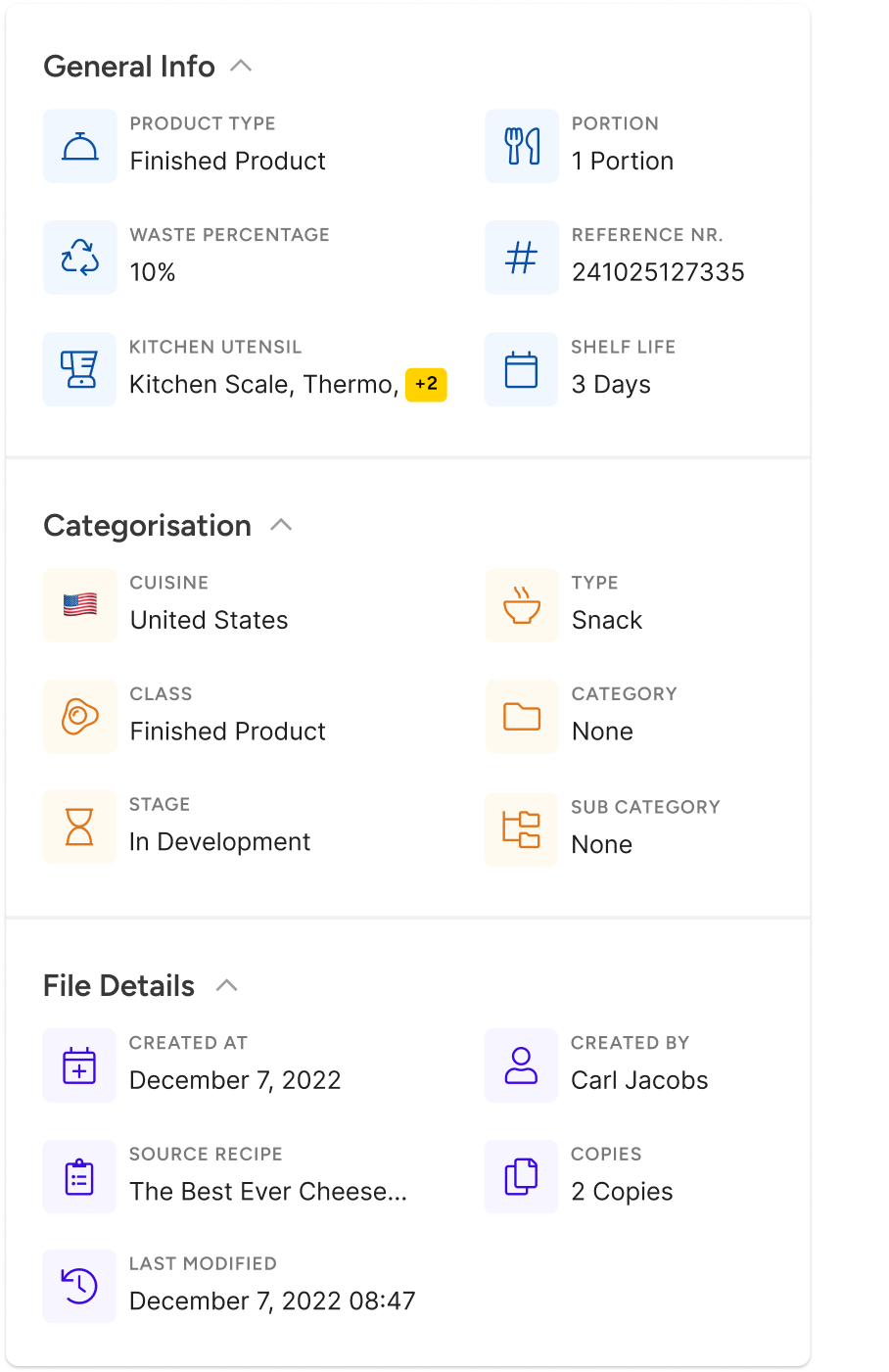
Every outlet follows the same guidelines for ingredients, preparation, and presentation, delivering uniform excellence.
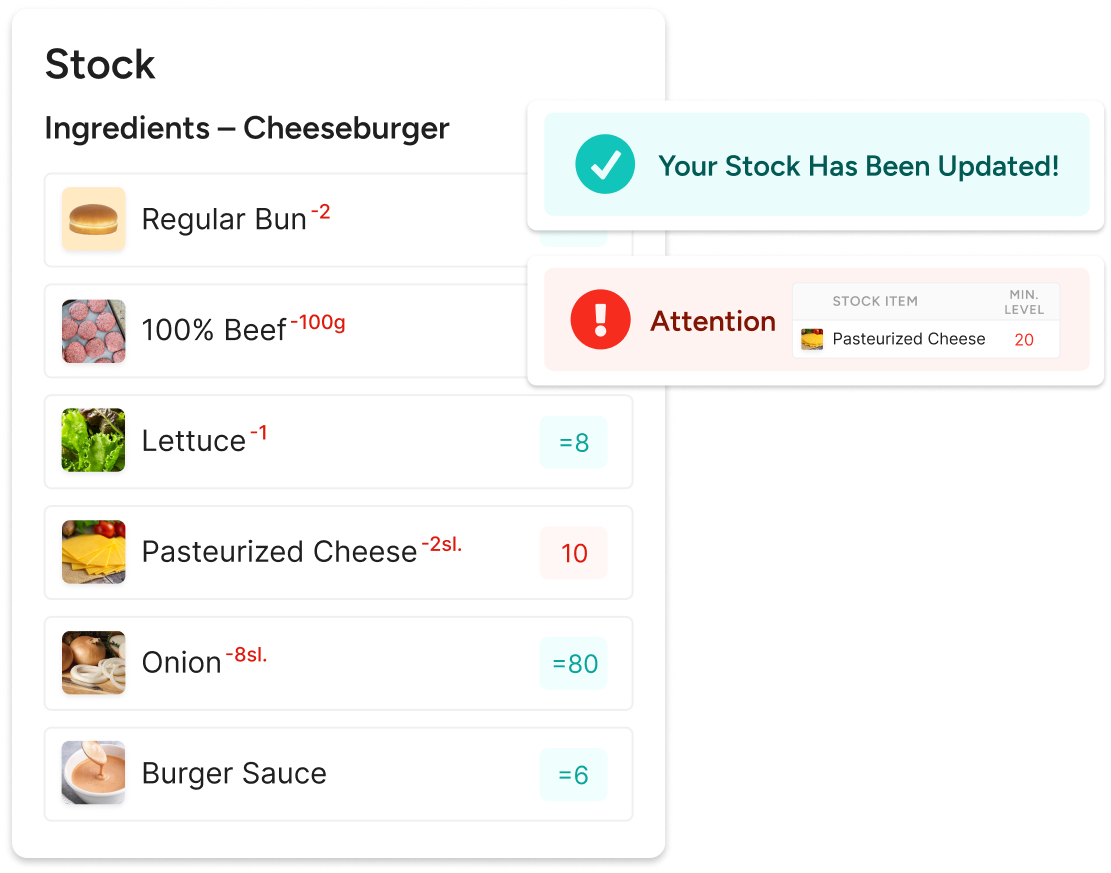
Assign suppliers, recipes, and menus to specific units in the system and monitor outlet performance through a dashboard for efficient product rollouts.
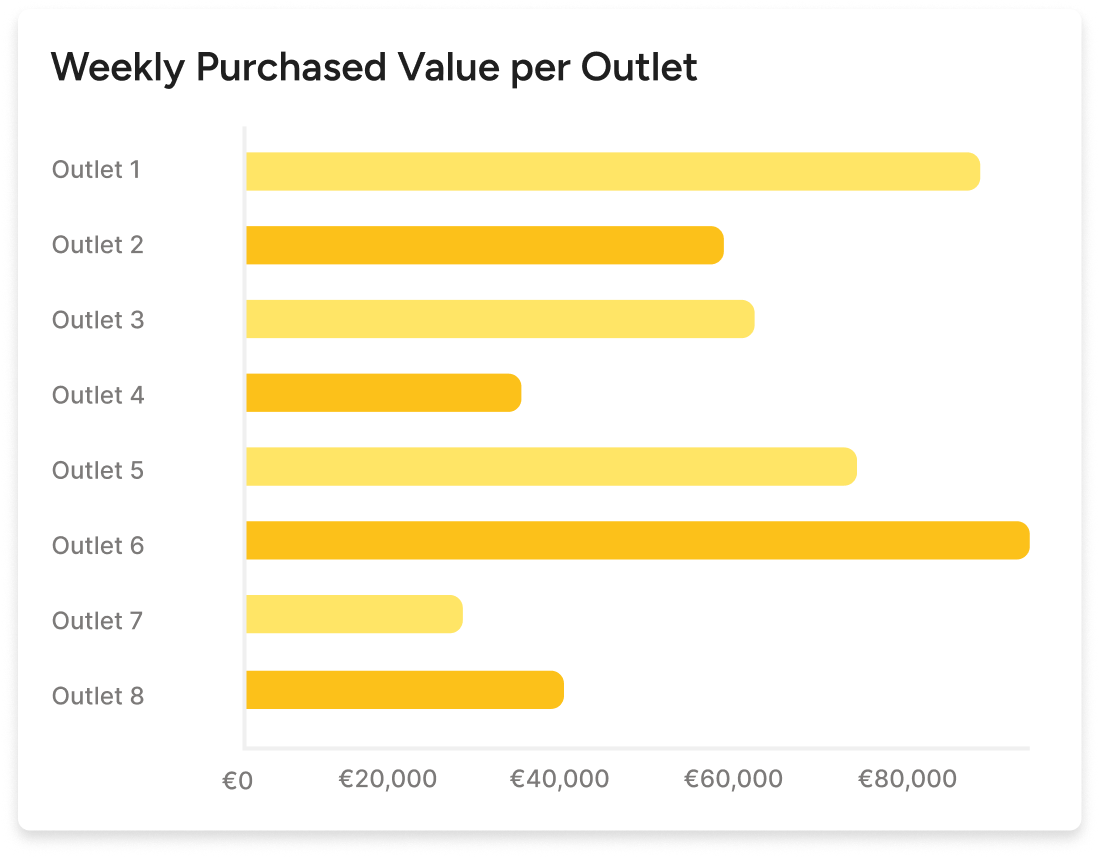

Apicbase aggregates data to provide immediate theoretical recipe and menu cost calculations.
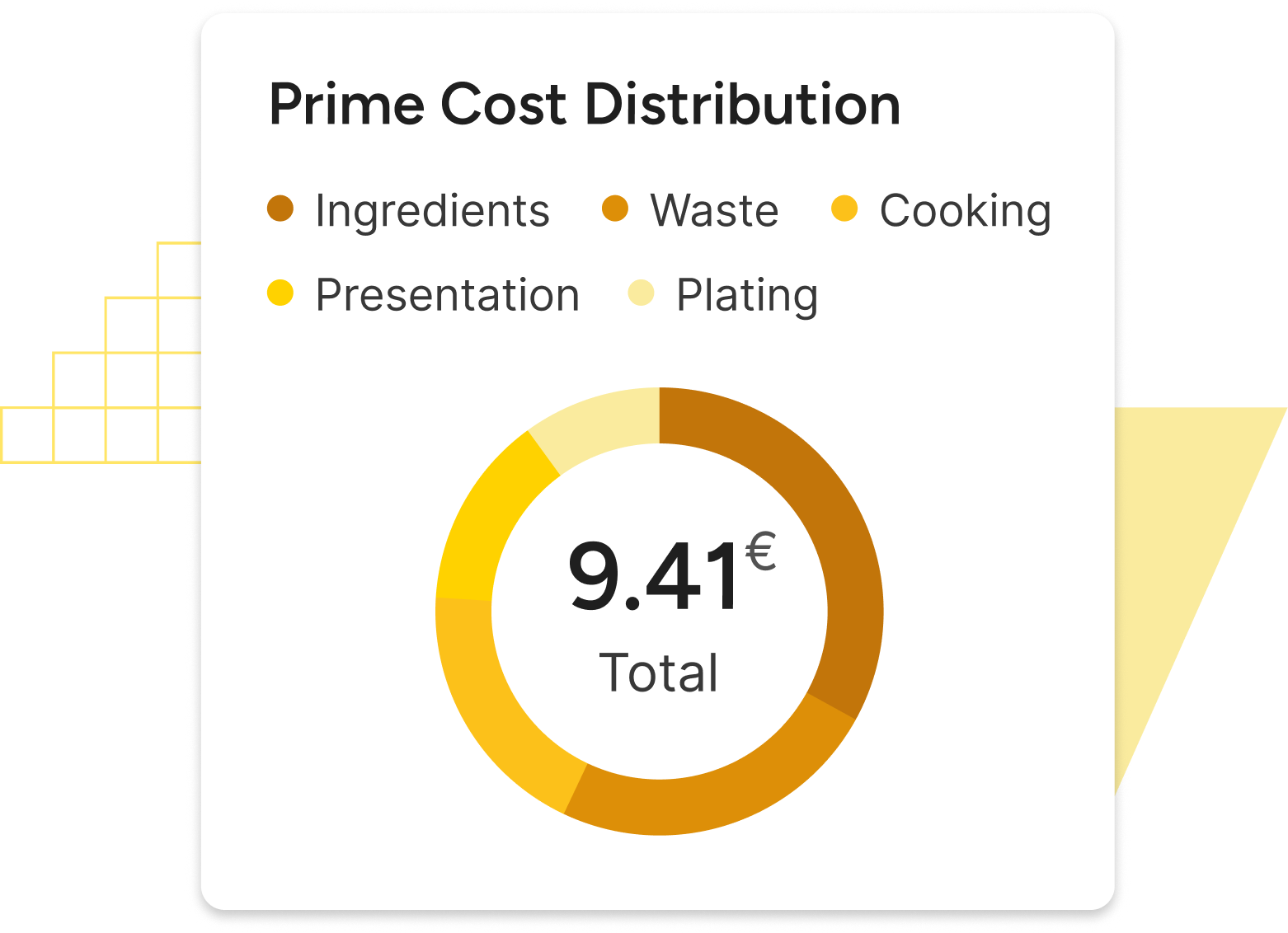
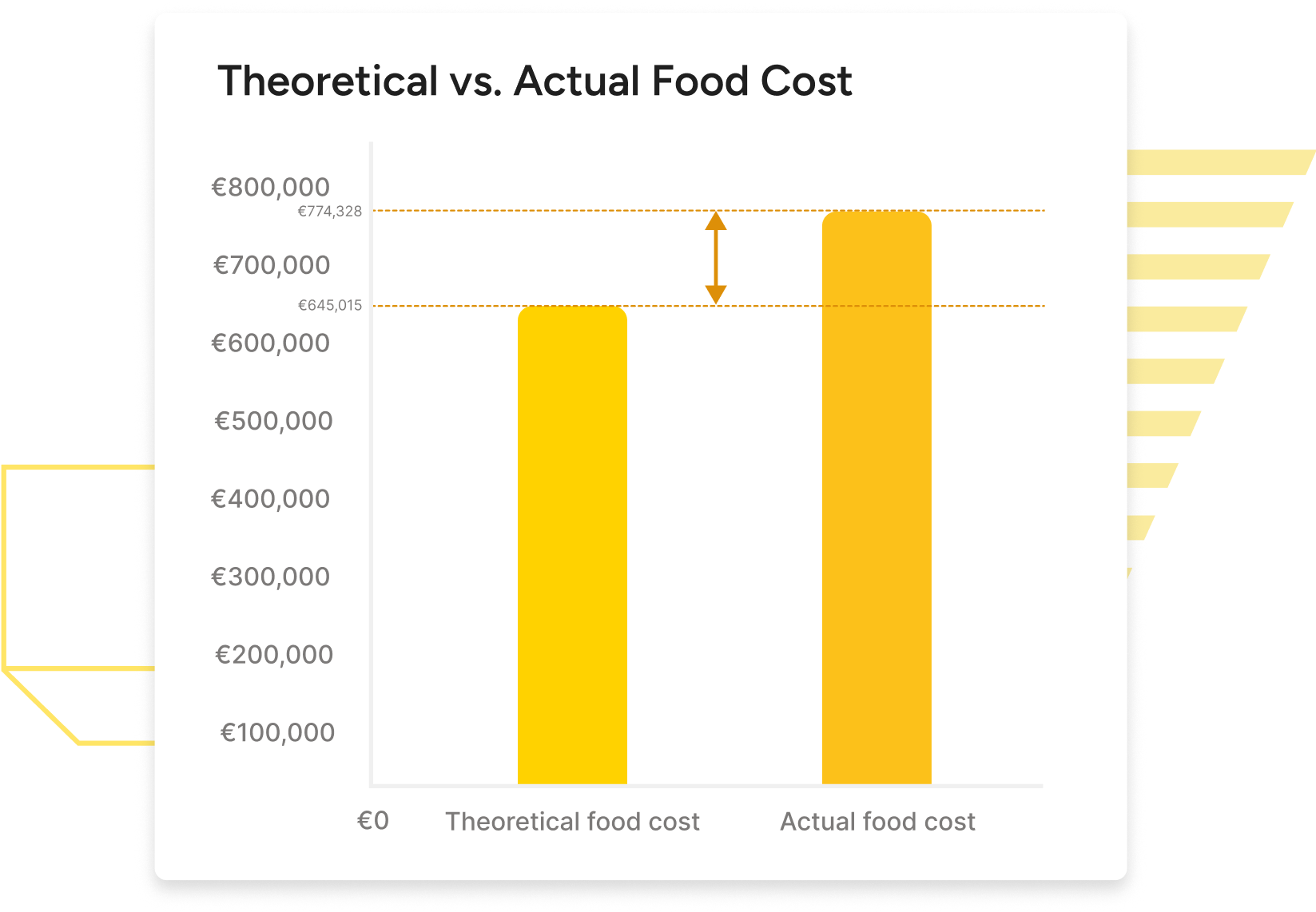
Use inventory management to compare theoretical food costs with actual food costs, ensuring your expenses are controlled.
Connect with supplier databases to track ingredient pricing and update recipe costings and margins in real time.

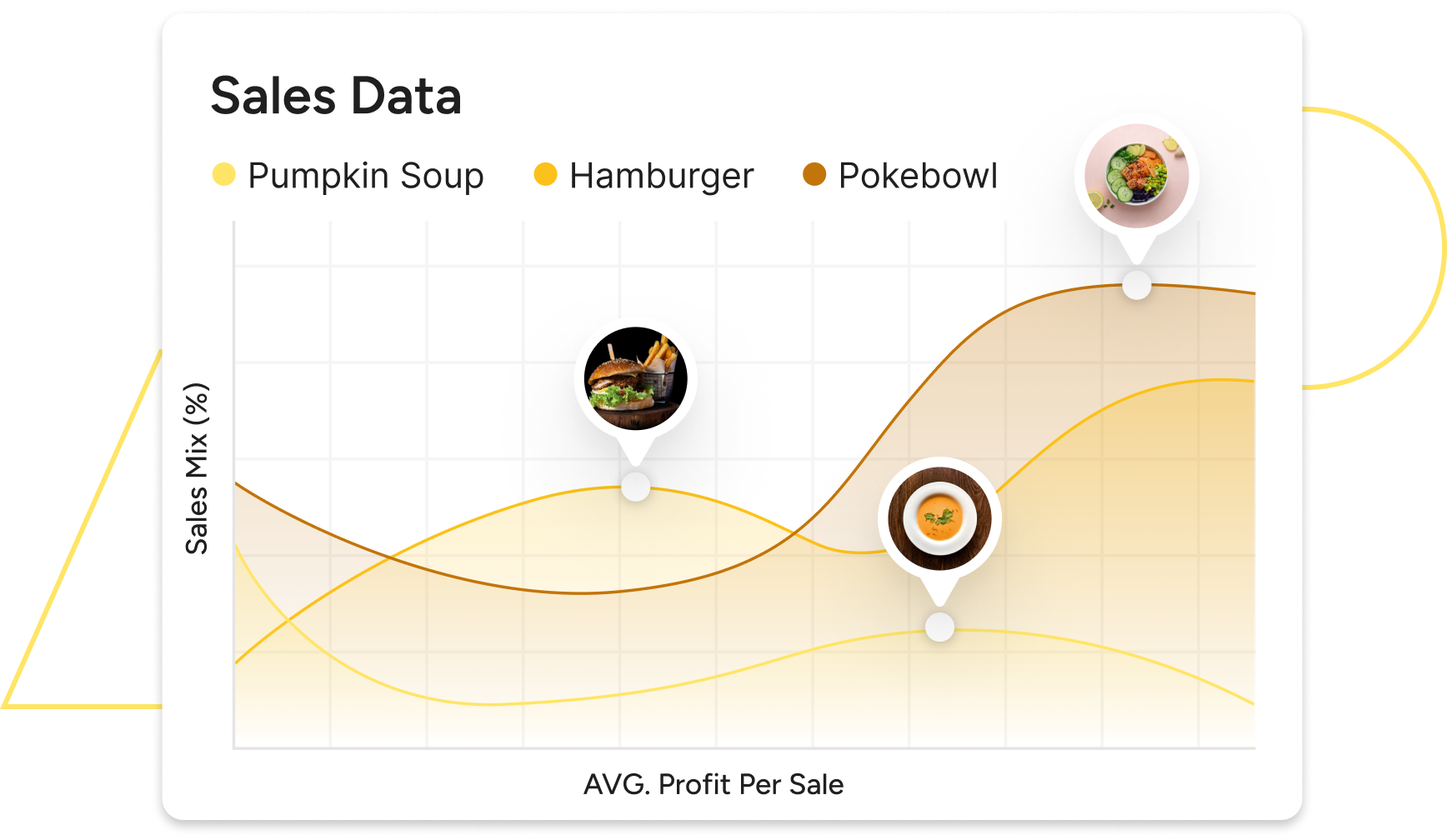
Keep track of dish profitability and get notified of underperforming items.
Use sales analytics to develop menu items aligned with market demands.
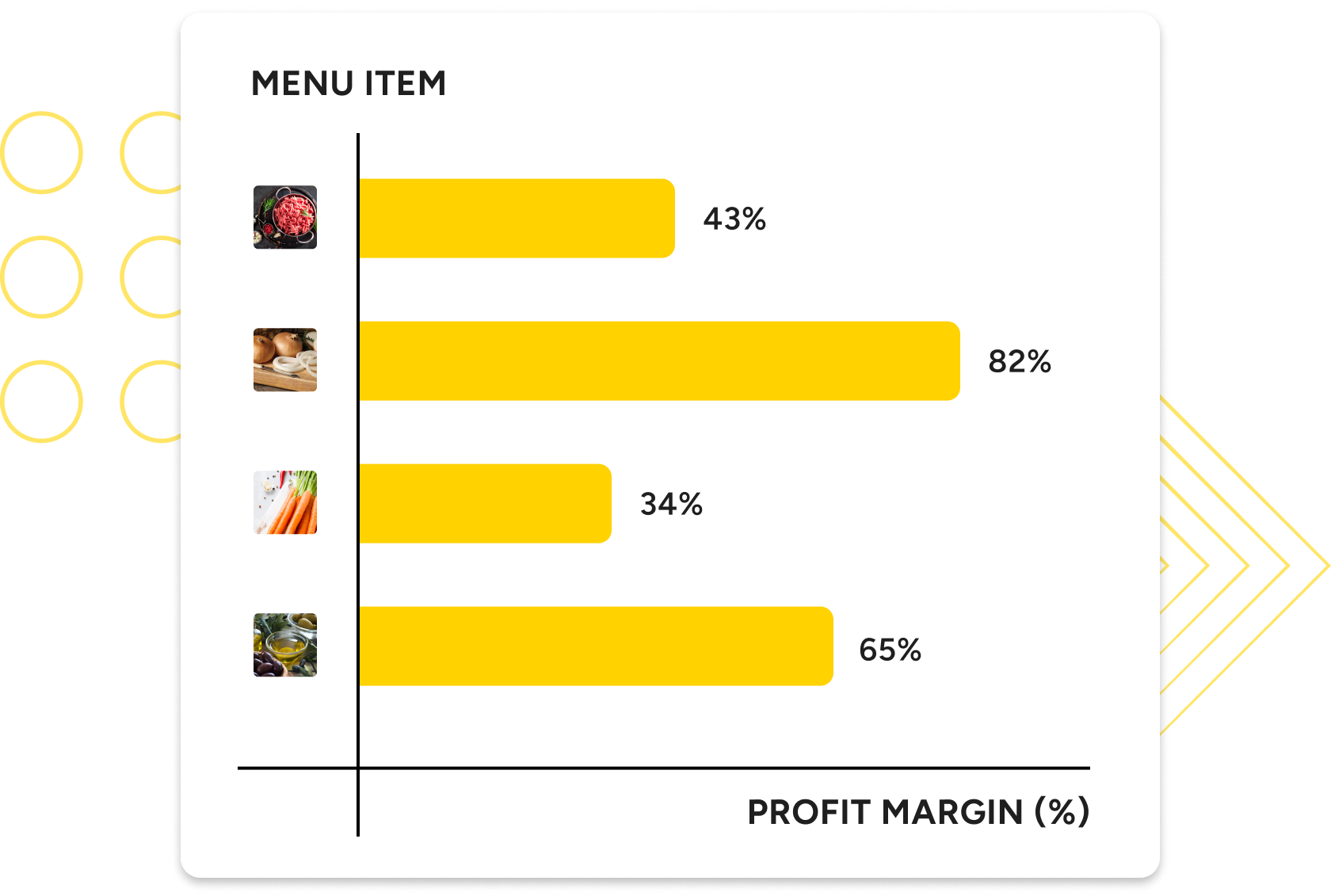
Well-costed recipes, a beloved menu, and tools to track profitability and popularity are the foundations of a successful food service concept. Apicbase does it all.



Apicbase helps us to deliver a consistent product across our sites and teams. And we know our COGS in real-time.
Executive Chef
Apicbase NV – 2025. All Rights reserved
Apicbase is the most complete F&B management platform for multi-unit restaurants, hotels, ghost kitchens.